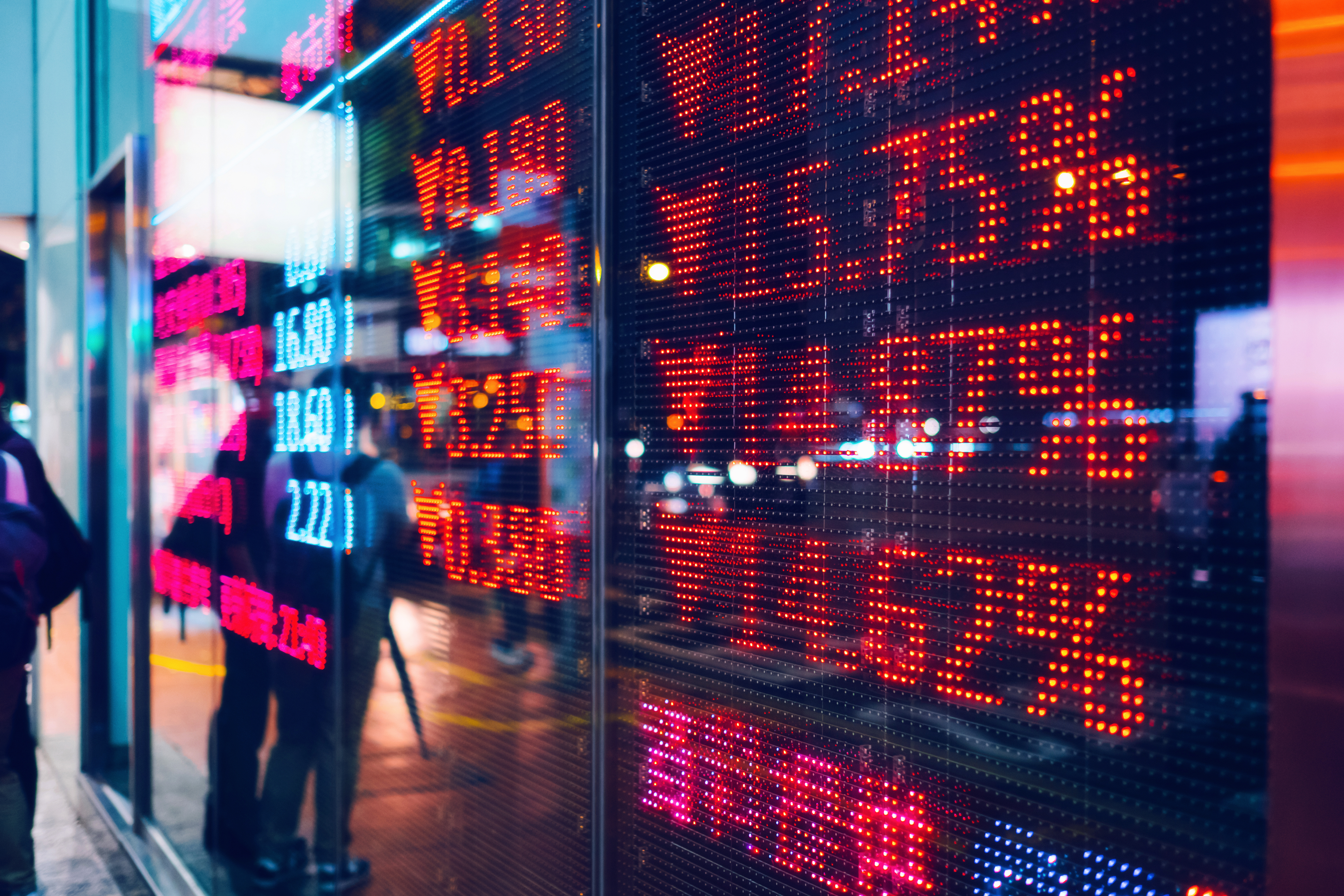One of the most potentially wide-ranging effects of the COVID-19 coronavirus is the way the global economy is responding. In recent weeks, stocks around the globe have lurched up and down as markets have scrambled to respond to supply chain disruptions, anticipated drop in consumer spending on everything from air travel to hotel stays, and an oil production standoff between Saudi Arabia and Russia. Some of UConn’s experts in the School of Business offer their perspectives on how this ongoing situation is shaping up for the business world.
David Souder, Interim Dean of the School of Business and associate professor of management:
In the short term, people will look for creative ways to accomplish tasks in different ways. Some industries, such as airlines, will get hit hard, but others will find workarounds to get things done. There will be some loss of efficiency but business won’t come to a screeching halt.
In the long term, there will be some impact, but it’s too early to know whether the impact will be big or small. The best case is some temporary disruption but things bounce back quickly after the threat has been controlled. However, if global supply chains get disrupted, it could take a while for business activity to rebound to current levels.
Travis Grosser, Academic Director of the graduate program in Human Resources Management and an assistant professor of management:
By adopting the actions recommended by the state of Connecticut, an organization demonstrates to its workforce that it takes their health and safety seriously. This should be a reassuring step for employees concerned about the spread of the coronavirus.
“In the short-term the coronavirus is sure to test the business continuity and contingency plans that organizations have in place. Companies are currently assessing the adequacy of their systems and technologies to respond to travel restrictions and increased remote work. A longer-term effect may well be that organizations come out of this with an enhanced ability to react to future surprises and disruptions.
Yaacov Kopeliovich, assistant professor-in-residence in finance:
In every crisis there is a great opportunity and this crisis is no exception. We will overcome and be more prosperous than before.
First and foremost, Gov. Lamont acted prudently to issue an order to restrict state travel at this time. It shows that our elected state officials are on top of things and doing all in their power to protect us from the risk of this virus, while trying to balance between the need to continue normal life and the need to battle this pandemic. I think businesses will respond positively to the governor’s request and will do everything in their power to adhere to this order.
Of course it will be somewhat detrimental to businesses in the short term, but I think longer term the impact will be muted once the hysteria from this virus subsides and cooler heads prevail. We should have a very strong comeback in the summer or later in the fall, once we will be able to control this virus. I have no doubt we can do it, as the example of China and other Asian countries, like South Korea, shows.
However, the policy makers need to get stock on a more global level. This pandemic exposed our [supply chain] vulnerability to China and our lawmakers should address this. Of course companies diversified their supply chains, but I think they should be encouraged to accelerate the process. This should create more opportunities for Americans to obtain good quality jobs once this pandemic subsides. So the future and economic potential for the U.S. has never been brighter, in my opinion.



